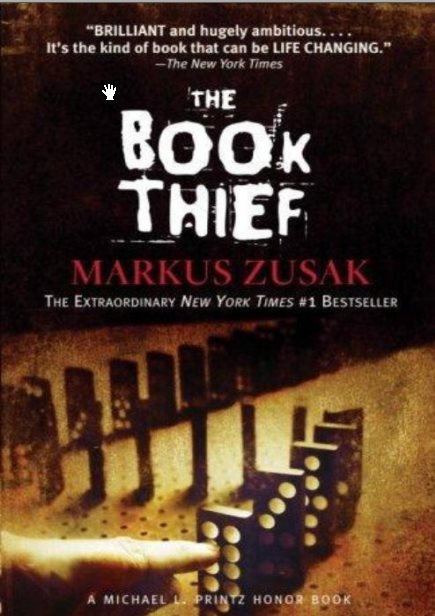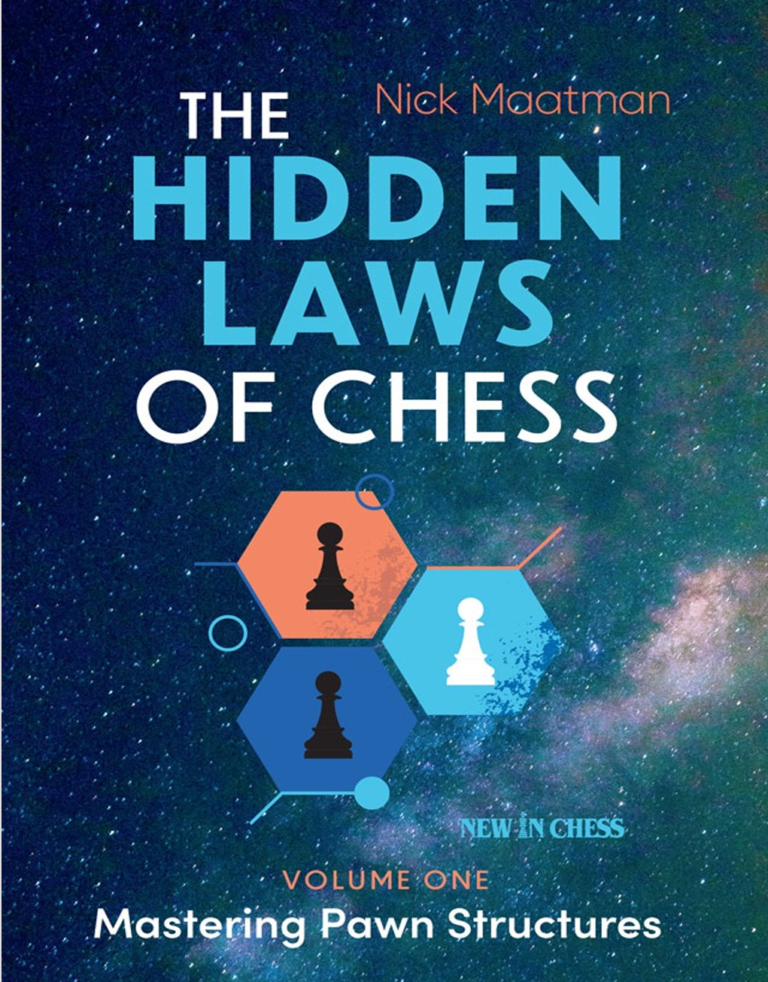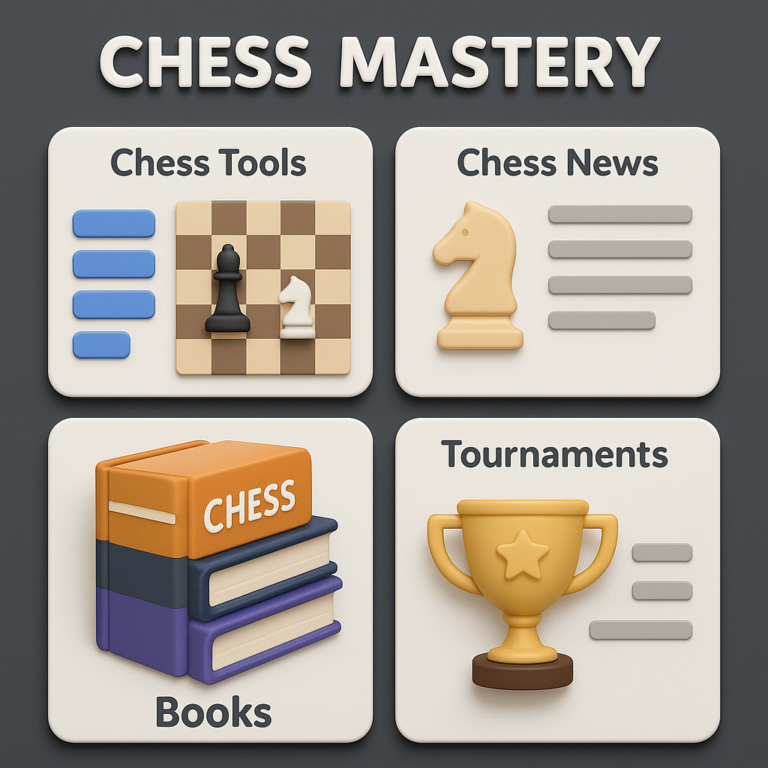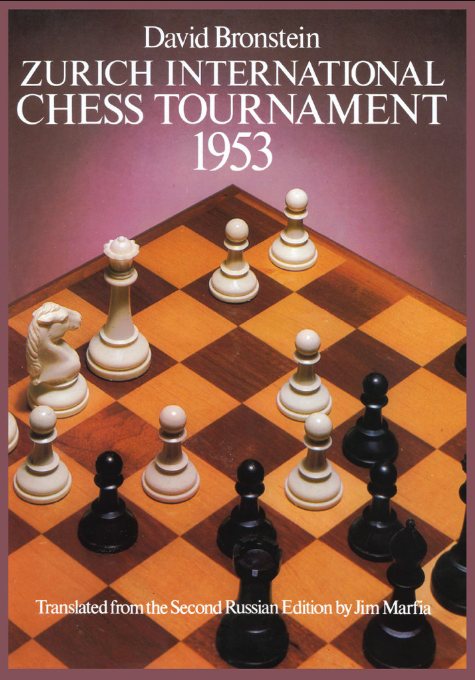
“Here is a small fact: You are going to die.” From this stark opening, The Book Thief by Markus Zusak promises a journey through life and death, love and loss—all set against the bleak landscape of Nazi Germany. Told from the perspective of Death, this tale of resilience follows Liesel Meminger, a young girl who finds comfort in stealing books and sharing stories during the horrors of World War II.
Overview
Set in 1939, The Book Thief is the story of Liesel, a foster child living outside Munich on Himmel Street. She is a “book thief” not because she craves possessions but because, for her, books are treasures of solace and survival. As she grapples with the traumatic loss of her family, Liesel finds unexpected love in her foster parents—gentle Hans and tough Rosa—and friendship in Rudy Steiner, a boy with dreams as big as hers. When a Jewish man named Max Vandenburg arrives at their doorstep, hiding in their basement, Liesel’s world transforms further, pushing her understanding of love, courage, and sacrifice.
Key Elements
1. Characters
- Liesel Meminger is complex and vividly real, marked by her tough exterior and hidden vulnerabilities. As she learns to read, Liesel’s relationship with books becomes symbolic of her inner strength and defiance against a world of oppression.
- Death as the Narrator is a masterful choice. Death’s voice is both detached and compassionate, highlighting the fragility of human life while offering a unique, sometimes humorous perspective. This portrayal gives the story an intimate, haunting quality.
- Supporting Characters like Hans, Rosa, Rudy, and Max each bring a unique dynamic to Liesel’s journey. Hans, with his quiet kindness, and Rosa, with her blunt toughness, offer Liesel both stability and love. Rudy, her best friend, symbolizes innocence and the loss of youth, while Max, a Jewish fistfighter, represents the human spirit’s resilience.
2. Themes & Messages
- Power of Words: Liesel’s discovery of language illustrates how words can be both healing and destructive. This theme contrasts her love of books with Nazi propaganda, highlighting the impact of language on thought and behavior.
- Mortality and Humanity: Through Death’s narration, the novel explores mortality, often remarking on the inevitability of death and how people find ways to live meaningfully in spite of it.
- Resilience Amid Tragedy: The story underscores human resilience in times of profound suffering, with characters finding moments of joy and kindness even in the darkest situations.
Author’s Style
Zusak’s poetic and layered writing style gives the novel a lyrical, almost dreamlike quality. He uses vivid metaphors and colors to describe emotions and moments, bringing the cold reality of war and the warmth of human connection to life. The narrative shifts, dark humor, and Death’s contemplative musings deepen the novel’s emotional resonance.
Highlights
Zusak’s choice of Death as the narrator is particularly striking, providing a nuanced view of life’s beauty and fragility. Scenes like Liesel’s midnight reading sessions with Hans, the friendships that blossom amid hardship, and her exchanges with Max in the basement are deeply moving and linger in the reader’s mind. These connections provide moments of hope and poignancy in an otherwise grim backdrop.
Constructive Criticism
While Death’s narration is compelling, some readers may find its frequent asides and foreshadowing detract from the main plot. The style, though powerful, can feel disjointed, occasionally disrupting the pacing. Additionally, those looking for a fast-paced war story might find the reflective tone a bit slow.
Personal Impact
The Book Thief offers a profound and moving reflection on human nature. Death’s compassionate observations and Liesel’s journey through love and loss make the story memorable. The book encourages readers to recognize the value of simple acts of kindness and the power of words to shape one’s world. Reading it feels like glimpsing humanity’s spirit amid despair—a testament to hope and endurance.
Recommendation
The Book Thief is ideal for readers who enjoy historical fiction, stories with profound character development, and themes of resilience. Fans of introspective narratives will appreciate the emotional depth and unique perspective. It is particularly well-suited for those interested in World War II stories that focus on individual lives and friendships rather than the battlefield.
Rating: ★★★★★
With its memorable characters, poetic style, and insightful themes, The Book Thief is a powerful exploration of love, loss, and the importance of stories. For anyone looking for a deeply moving and thought-provoking read, this novel is a masterwork that won’t easily be forgotten.



